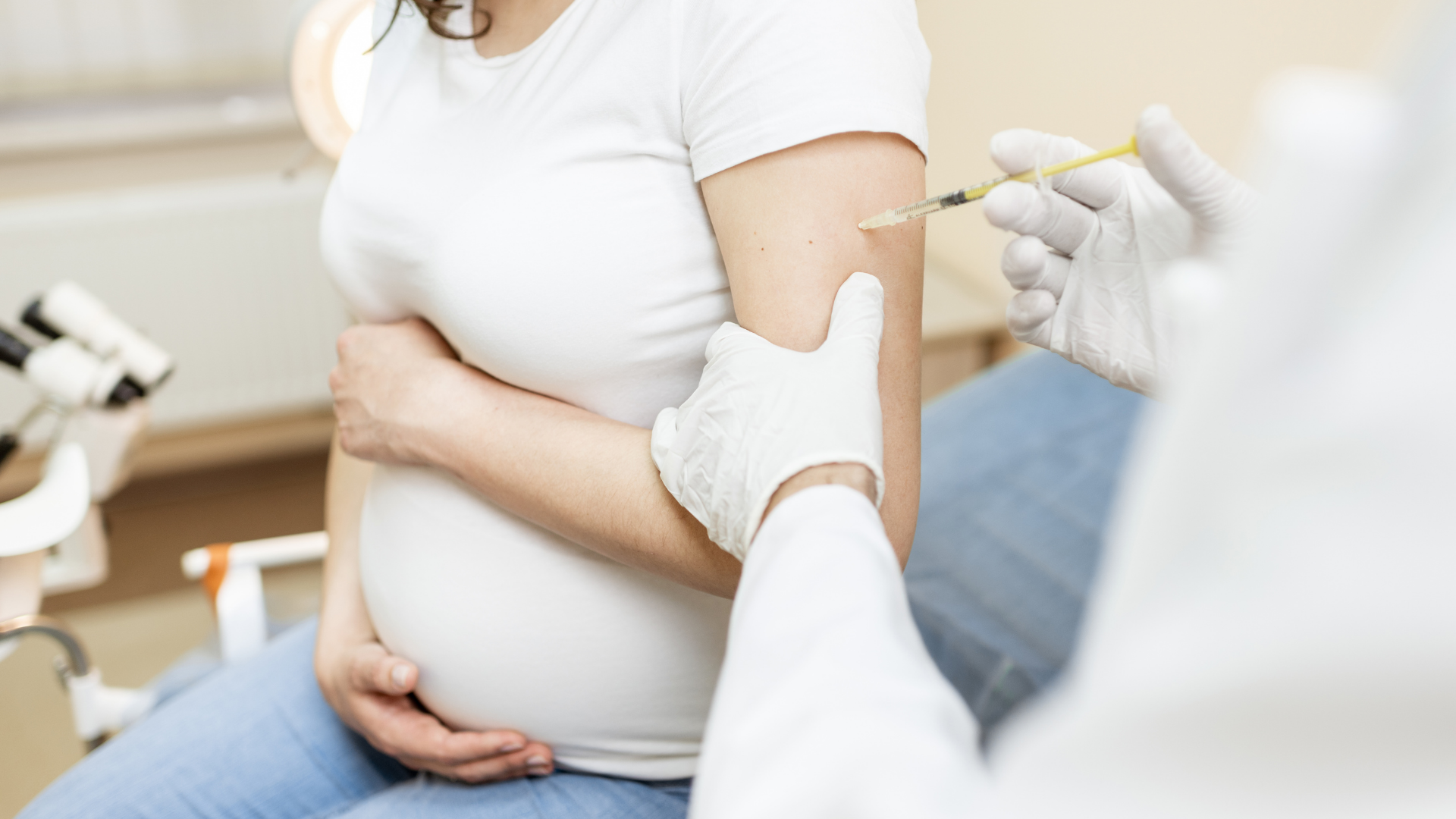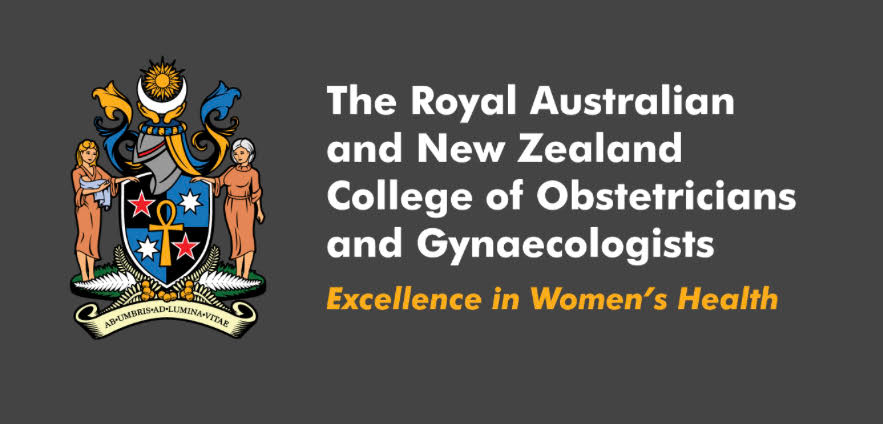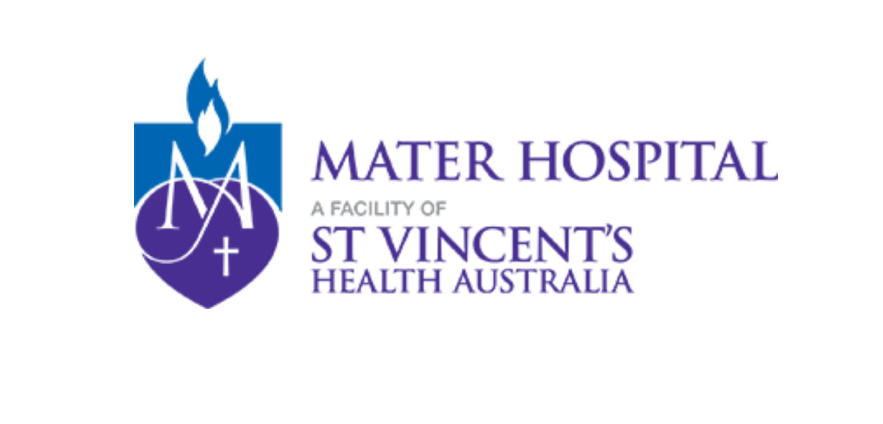

In Australia approximately 15% of women have a negative blood group (Rhesus Negative).
If the baby has a positive blood group, there is a chance of the woman producing antibodies which can affect the current pregnancy, but more often it affects subsequent pregnancies. This occurs because antibodies can cross the placenta and cause varying degrees of anaemia in the baby.
Some causes of sensitising events include: miscarriage, termination of pregnancy, ectopic pregnancy, amniocentesis, abdominal trauma or haemorrhage during the pregnancy. The most sensitising event is birth and delivery of the placenta.
It is recommended that all pregnant women with a negative blood group are given Anti D immunoglobulin at 28 and 34 weeks. Anti D is also required within 72 hours of a miscarriage, termination, trauma, or following invasive procedures (amniocentesis or Chorionic villi sampling).
Following birth, the babies blood group will be checked by taking blood from the umbilical cord. If the baby has a positive blood group, then Anti D immunoglobulin is given to the mother within 72 hours of birth. This effectively reduces the risk of the mother developing Anti D antibodies.




